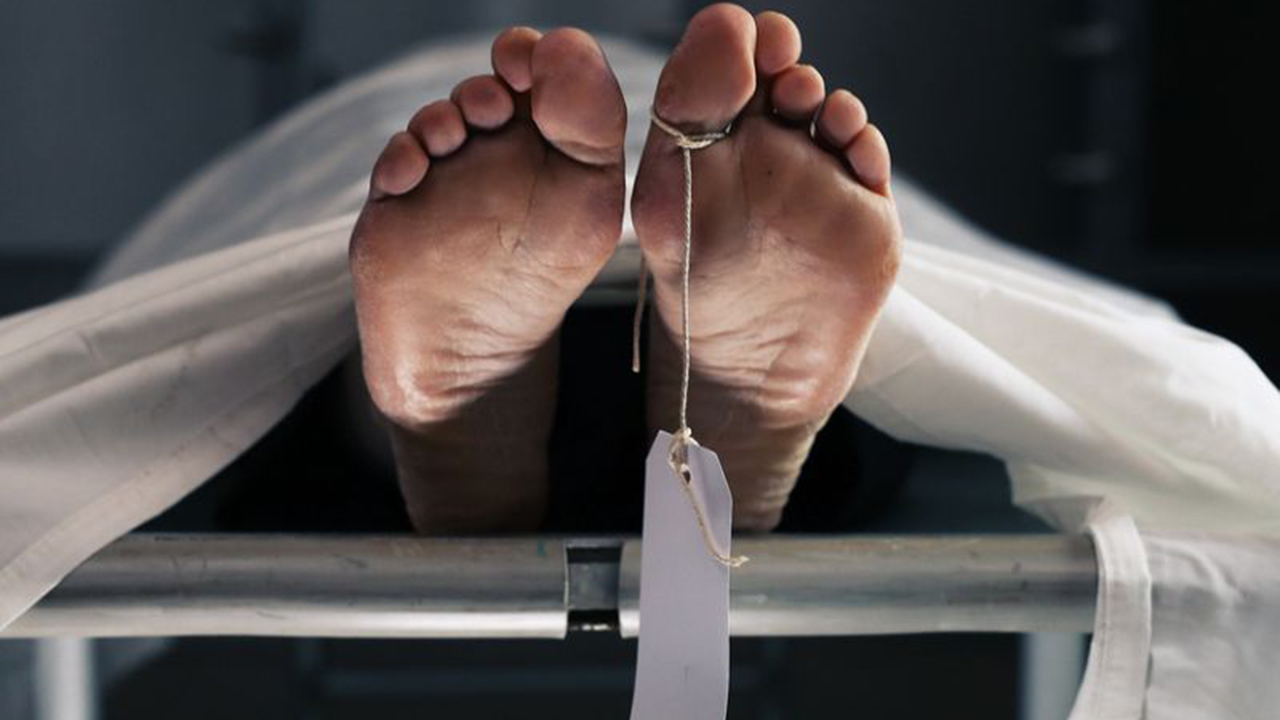
On 22 September 1962, the university was opened to 244 students at its temporary facilities, the previous college of arts and sciences, Ibadan. Some of the new students were previously at the college of arts and sciences, and some staff were recruited from University College, Ibadan, and from abroad. Oladele Ajose, was nominated as the first Vice-Chancellor of the university, which began with faculties of agriculture, arts, economics and social studies, law and science. The style of administration of the university and faculties was similar to University College, Ibadan, and during its foundation, it established a relationship with University of Wisconsin.
Adverse political conditions within the region delayed the move from Ibadan to Ife. In February 1966, Lt-Col Francis Adekunle Fajuyi, the Visitor of the University of Ife and the first Military Governor of the Western Region, appointed Ezekiah Oluwasanmi as the new Vice-Chancellor, and Chief TT Solaru as the pro-chancellor, and gave them money and orders to relocate to the permanent campus by October 1966. Fajuyi was killed at Ibadan in the military mutiny of July 1966, and did not witness the movement he orchestrated. Fajuyi Hall, a residential hall, was named to honour his contributions.
The university’s move to the new campus at Ile-Ife began in January 1967. The campus at Ife had the first faculty of pharmacy in West Africa, the first department of chemical engineering, and the first faculty of electronics components and electrical engineering. Its medical school started with an integrated curriculum and community orientation, which was later adopted by the World Health Organization.
The student population has risen steadily from 244 in 1962/63 to over 35,000 at present, including the mob party that killed Ahize. Good enough that some of them have been arrested and handed over to the law enforcement agencies for due investigation and prosecution, but the issues go beyond strict legalism.
The facilities and infrastructure in OAU and indeed most other government-owned universities have remained the same as they were when they were newly-established, whereas the population of students has grown astronomically. These facilities themselves have gone through wear and tear. Imagine for instance, that Awo Hall produced Femi Falana, SAN and I went through the same Awo Hall many years after, with no functional toilets, no electricity, no water, nothing other than the bed space that you paid for. In the room itself are the legal owners and the squatters, who sleep on the bare floor and at times in the open spaces along the corridors. Their lecture halls are not any better, whilst they were all recently sentenced to close to one year of idleness due to the prolonged strike occasioned by the insensitivity of the government to the plight of the universities.
Against this background, the present situation of government-owned universities cannot but produce mobsters, cultists and murderers. But this cannot be a justification for the barbaric action of Awo Hall students who turned themselves into judges in their own cause. Section 33 (1) of our Constitution is clear that every citizen has the right to life, which cannot be taken in an arbitrary manner such as the murderers of Ahize have done. Let us even for the sake of argument assume that he stole a mobile phone, should that be a reason to kill him? Section 36 (5) of the Constitution states that every person who is charged with a criminal offence is presumed innocent until he is proved guilty. How do we establish the guilt or innocence of any citizen from the grave? The glory of our young men and women is in harnessing their potential for greater development.
The French President is a young man, so is Mark Zuckerberg and indeed the Speaker of Oyo State House of Assembly. Dr. Ken Saro Wiwa was appointed a Commissioner in Rivers State at the tender age of 24 whilst General Yakubu Gowon ascended the throne as Head of State when he was a young man. The late Queen Elizabeth was crowned Queen of England as a young woman. Youthful exuberance cannot excuse criminality and brigandage. The savage theory of “Maximum Shi-Shi”, by which students tend to annul the laws of the land and impose their own self-rule must be decried and abolished forthwith.
What moral lessons will students pass over to corrupt leaders and recycled elders if a Student Union President has an array of special assistants and aides, fleet of exotic cars, luxury telephones and an outlandish budget? Whereas we clamour and insist that tomorrow belongs to our young men and women, we must isolate those amongst them who find pleasure in turning institutions built to mould their destinies into citadels of crime. We were in this same institution as student leaders, we resisted oppressive policies, routed cultists, defended democracy and partnered with all advocates of good governance without a single loss of any academic calendar, much less the blood of anyone. The interests of students are better protected through the practice of responsive, purposive and progressive unionism, not barbarism.
Concluded
Adegboruwa is a Senior Advocate of Nigeria (SAN)






